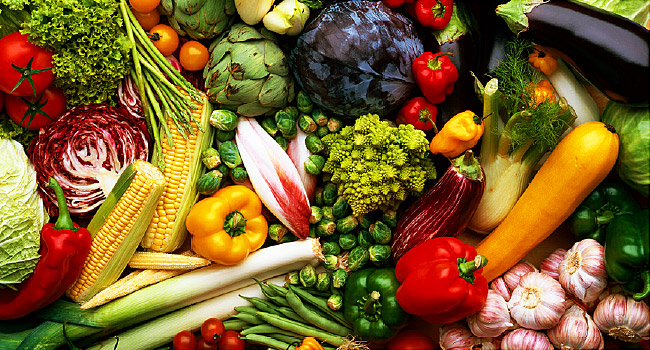
In the face of a global pandemic, it is only natural to stock up on some preventive vitamin c packets in an attempt to boost our immune system.
Sometimes called ascorbic acid, vitamin C supports our immune system and helps keep our body use the iron we get from food.
Vitamin C is also an antioxidant that helps protect cells from damage.
And while we continue to fight the threat against Covid-19, it is important to note that many foods are higher in Vitamin C content than even a whole orange or fruit.
Kale
For every 100 grams of raw kale, it provides 93 milligrams of Vitamin C. Most kales can be tough to chew when eaten raw.
But did you know that one should ‘massage these greens first before serving or eating?
You can make your own kale chips by tossing or lightly spraying it with olive oil, before sprinkling it with your favorite spices.
Bake them for 15-30 minutes or until your desired crispiness.
Red Pepper
They have loads of vitamin C of up to 95 milligrams per 1/2 cup.
They’re also a good source of vitamins A, B, E, and K, as well as potassium, folate, manganese, phosphorus, and magnesium.
Slice one into strips or dice them into a salad or an omelet.
Broccoli
A half-cup of cooked broccoli has about 50 milligrams of Vitamin C. It also has fiber and plenty of antioxidants among other things to keep inflammation down.
The best way to cook it is to steam for 5 minutes or less to help keep more of Vitamin C compared to boiling.
Tomatoes
According to Health.com, a medium-sized tomato contains about 20 milligrams of Vitamin C if you eat it raw.
Although vitamin levels go down when you cook tomatoes but antioxidants like lycopene go up.
So to get all its benefits, try eating fresh tomatoes on your sandwiches for breakfast.
Potato
A medium-sized potato has about 20 milligrams of Vitamin C and is good for you in other ways.
Potatoes are a good source of potassium and fiber.
And instead of frying them in oil, try to bake or oven-roast them in olive-oil.
For healthier toppings, put on a fresh salsa or pair them with low-fat cheese.
Cauliflower
A cup of cauliflower has 40 milligrams of vitamin C according to Healthline.com.
Cauliflowers are also a decent source of vitamin K which helps bone metabolism and regulating blood calcium levels.
Cauliflower also has folates and fiber which aids in making red and white blood cells in the bone marrow
You can eat them raw, steam it, or you can even roast it with a bit of olive oil.
